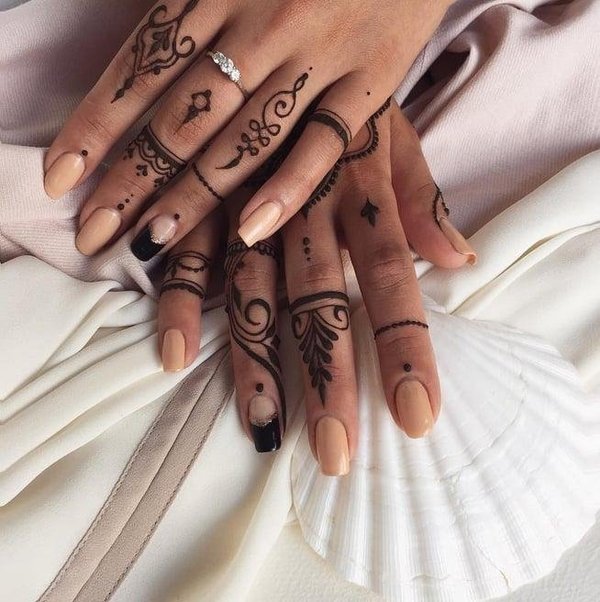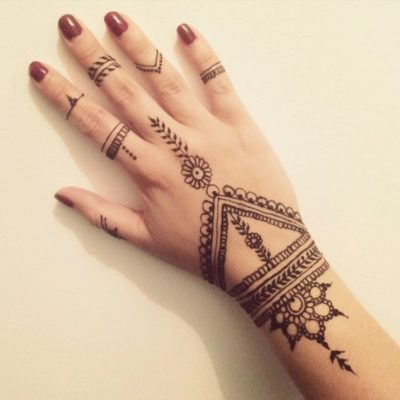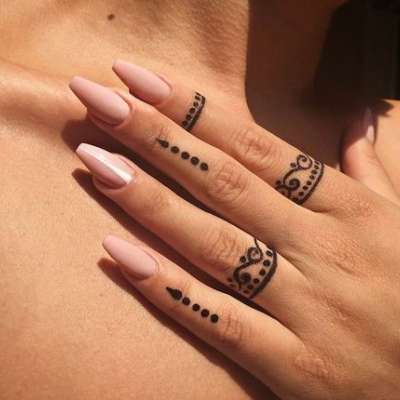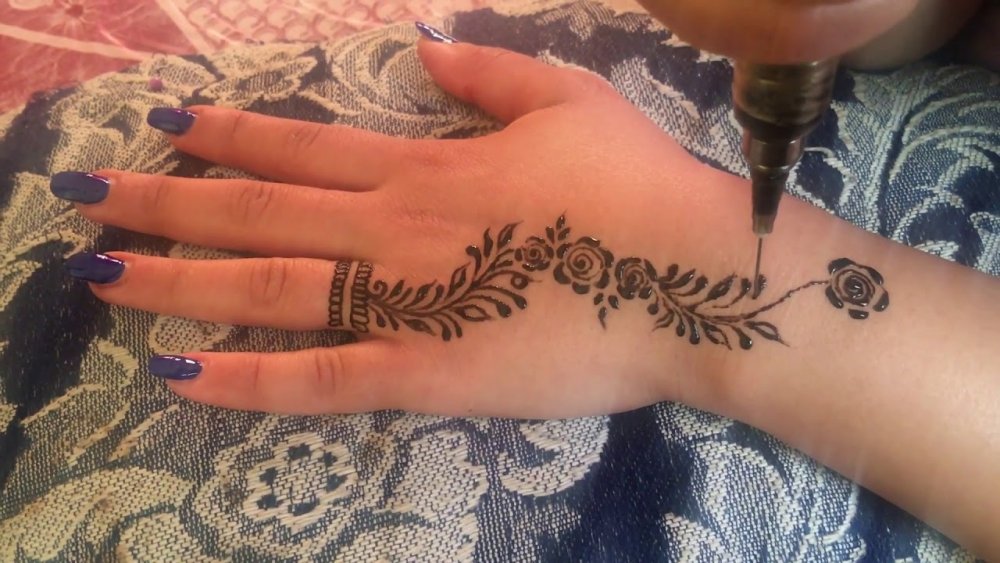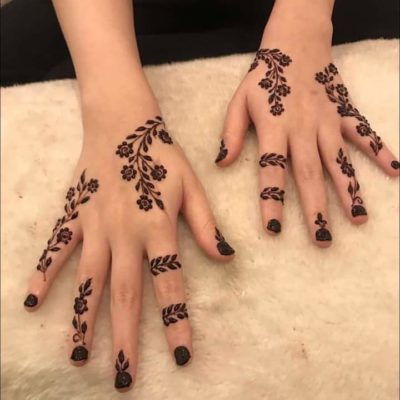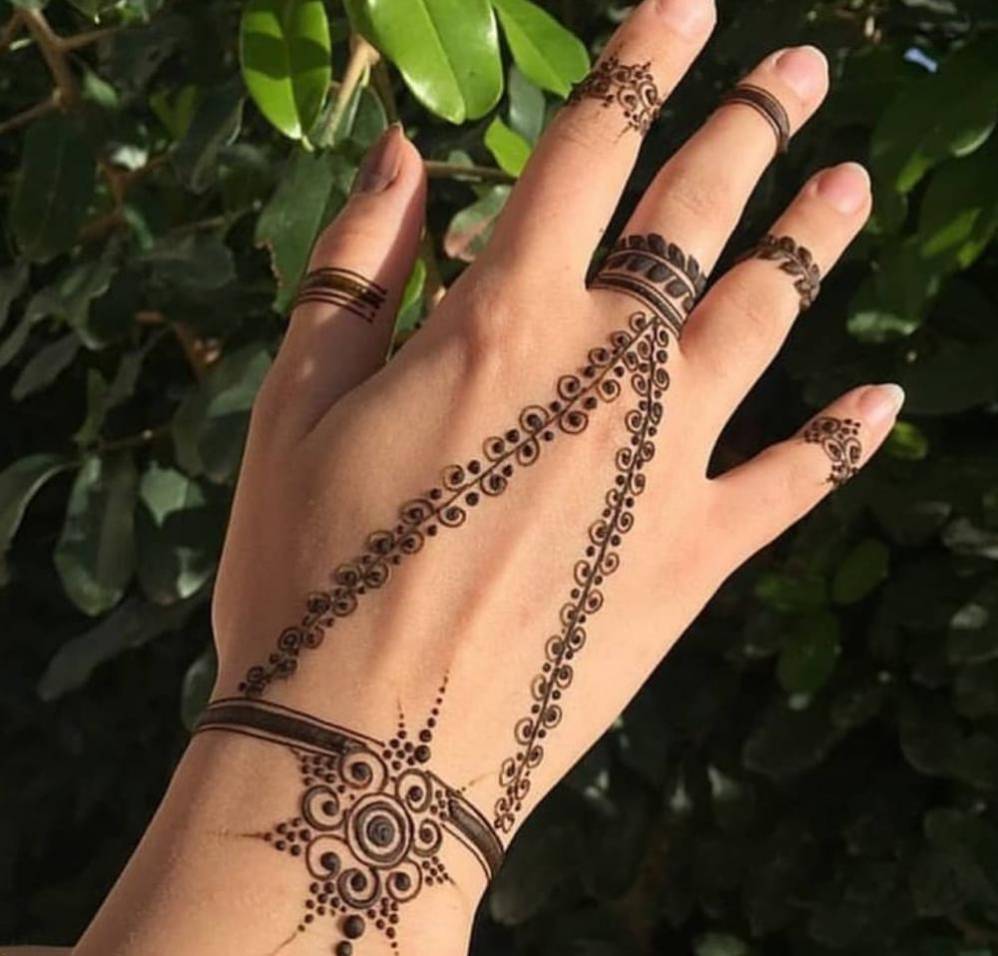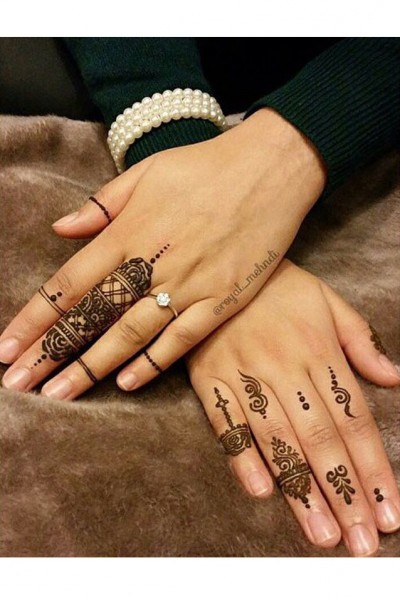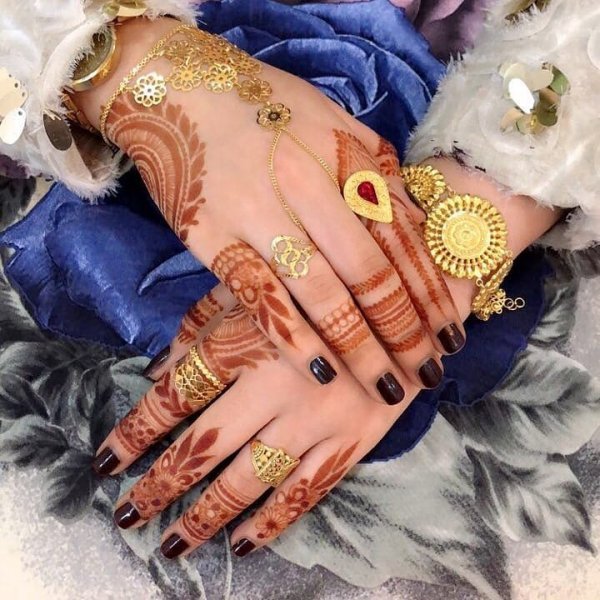
مجموعة خواتم بوهو ذهبية قابلة للتكديس من 7-18 قطعة، خواتم اصبع ثعبان عتيقة، مجموعة خواتم متوسطة الطول قابلة للتكديس للنساء والفتيات والمراهقين, معدن, خليط معدني : Amazon.ae: ملابس وأحذية ومجوهرات

يوي ستورس 82 مجموعة خواتم بوهو ذهبية قابلة للتكديس، خواتم اصبع ثعبان عتيقة، مجموعة خواتم عصرية متوسطة الطول للنساء والفتيات، معدن، خليط معدني : Amazon.ae: ملابس وأحذية ومجوهرات

يوي ستورس 82 مجموعة خواتم بوهو ذهبية قابلة للتكديس، خواتم اصبع ثعبان عتيقة، مجموعة خواتم عصرية متوسطة الطول للنساء والفتيات، معدن، خليط معدني : Amazon.ae: ملابس وأحذية ومجوهرات

مجموعة خواتم بوهو ذهبية قابلة للتكديس من 7-18 قطعة، خواتم اصبع ثعبان عتيقة، مجموعة خواتم متوسطة الطول قابلة للتكديس للنساء والفتيات والمراهقين, معدن, خليط معدني : Amazon.ae: ملابس وأحذية ومجوهرات



